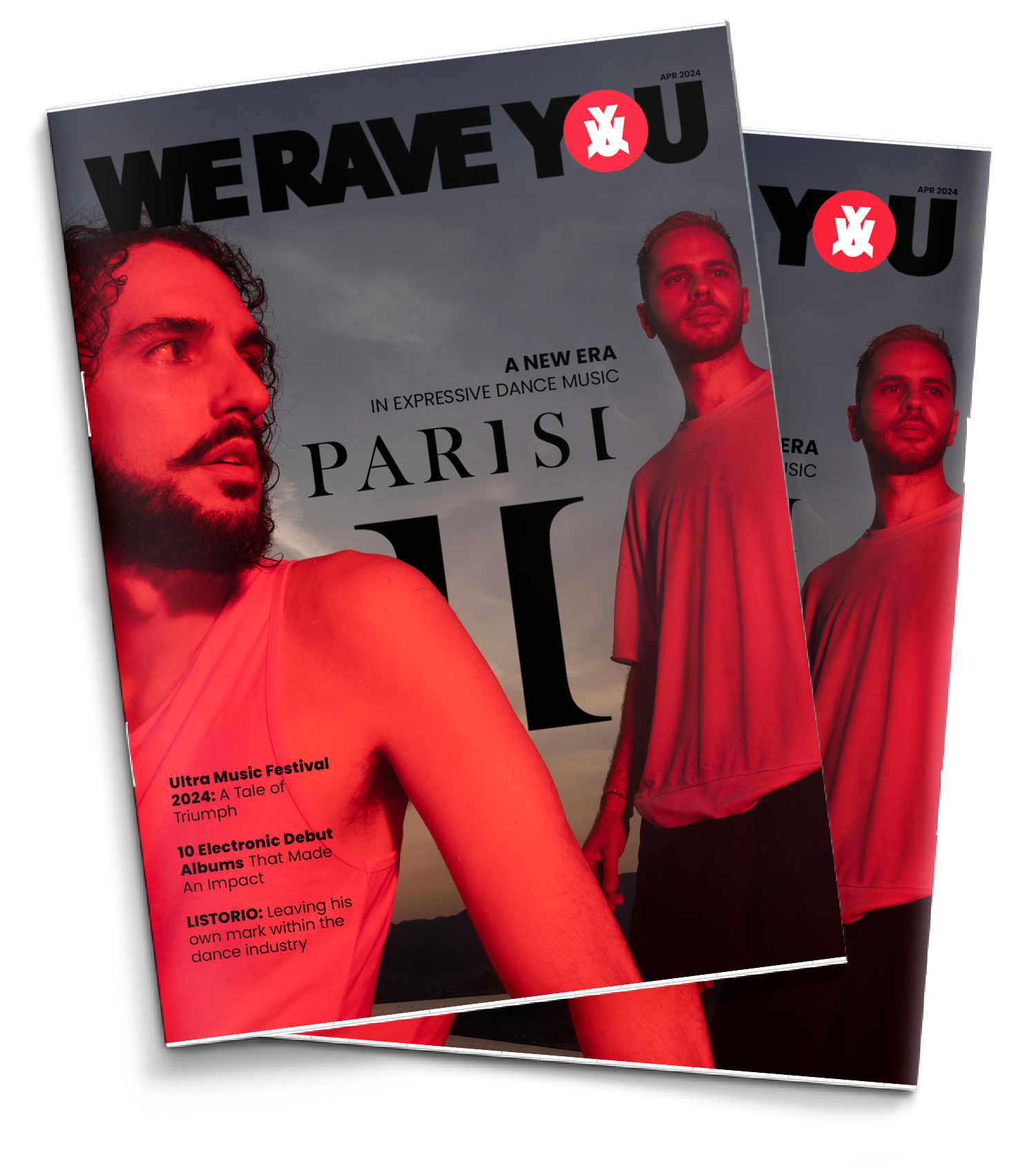

The Comprehensive Guide To Sound Effects & Patents In The Music Industry
For those who live to turn dials, tweak levels, and engineer the next wave of ear-catching sound effects, it’s a pursuit that can be both thrilling and deeply fulfilling. For these individuals, there’s nothing quite like the art of bending sound to your will or creating auditory delights that no one has experienced before.
Yet, as you journey through this soundscape wilderness, it is vital not to forget about safeguarding your sonic inventions. Like staking claim on uncharted territory, protecting your creations ensures that your innovative work stays yours—and can even become beneficial in ways more than just artistic satisfaction.
Demystifying Sound Effects
Sound effects are the sonic sprinkle on top of a track, like a crunch in a crispy snack. They’re custom-made noises or manipulated sounds that ramp up the vibe and push storytelling.
There’s a whole spectrum, from natural recordings like thunder rumbles to artificial beeps and booms made on computers. Producers play with these audio spices to give songs personality and punch. So, next time you jam out, listen for those quirky blips; they’re part art, part science, and thanks to patents—potentially someone’s legal treasure.
Navigating the Patent Maze
Patents in the music scene are your golden ticket that says, “Hey, I came up with this cool sound or gadget first!” It grants folks exclusive rights to use their nifty inventions, stopping others from snagging their brainchild for up to two decades.
Think of it as a protective bubble around someone’s genius idea – if you dream up an otherworldly echo or create a gadget that makes guitars sing like choirs, you can call dibs on it legally. Just remember: this power comes wrapped in heaps of legal lingo and fine print!
Mastering the SFX Craft
Diving into crafting sound effects is like being a mad scientist in an audio lab. Music magicians use digital audio workstations (DAWs) to invent fresh sounds, like a chef whipping up a secret sauce from scratch.
They fiddle with things like pitch, reverb, and distortion—mixing, layering, stretching—until they hit that sweet spot where it just sounds right. Each tweak can birth an entirely new vibe for the track. It’s not just pushing buttons; it’s about pouring creativity into every beep, sweep, and creep heard on your playlist.
Patenting Sounds
When a sound engineer strikes gold with an avant-garde effect or an electronic maestro engineers a synth patch that’s out of this world, they could vault their creation into the realm of patents. This legal fortress keeps their sonic brainchild safe from copycats for years.
But dropping a patent application isn’t as simple as slamming down a beat. It demands paperwork, gymnastics and technical specifics, like detailing how the sound is made.
Then there are the waiting games. Even just getting through the duration of a patent application in Canada, the US, or any other place can feel longer than waiting for your favorite band to drop a new album after years of radio silence. So, ensure you are well prepared because having your sound patented will take both time and effort.
Legalities and Creativity’s Crossroads
There’s a bit of friction at the intersection of what’s legally tight and creatively dynamite. Patents guard creative inventions, ensuring sounds as unique as a fingerprint stay that way. Yet, when it comes to music production, which thrives on innovation and inspiration, patents can sometimes feel like speed bumps on the highway of creativity.
Artists must tread carefully here—it’s crucial to respect legal boundaries without stifling the spontaneous burst that births epic tracks. Whether you’re remixing or revolutionizing music with fresh SFX, tipping your hat to existing patent laws ensures you groove within the good graces of both courts and fans.
Consequences When Patents Expire
When patents expire, they open up a cornucopia of creative tools for the masses. It is like the curtain lift on a stage where the next act of musical creativity is free to kick off without restraint, inviting all sorts of artistic exploration and genre-bending experimentation.
Suddenly, what was once off-limits becomes everyone’s playground equipment. From basement beatmakers to chart-topping stars, all get to play with previously patented sounds and techniques. This shift can unleash waves of innovation as artists blend old-school tech with modern twists without worrying about legal hiccups.


- PARISI cover Interview
- Ultra Music Festival 2024: A Tale of Triumph
